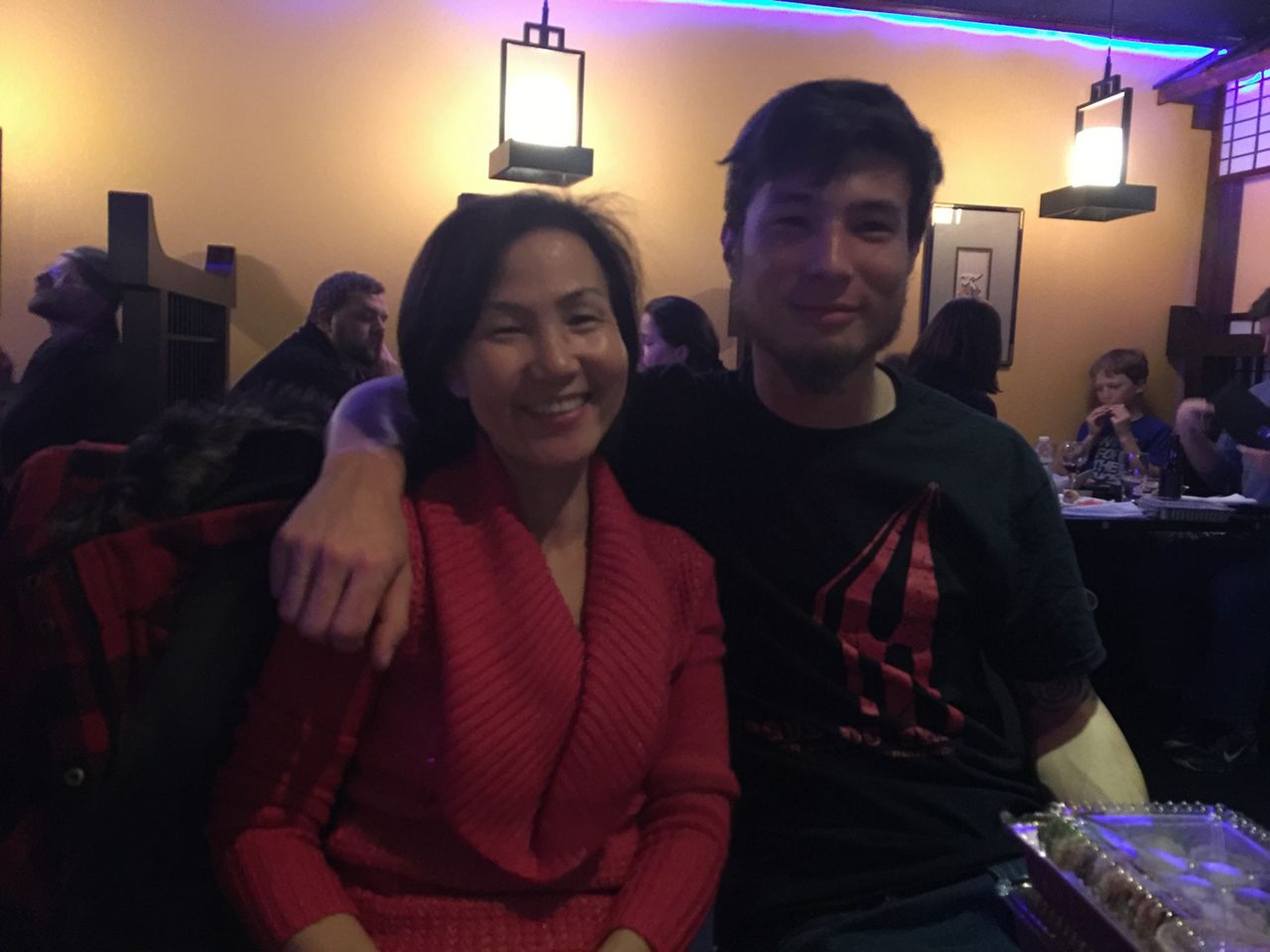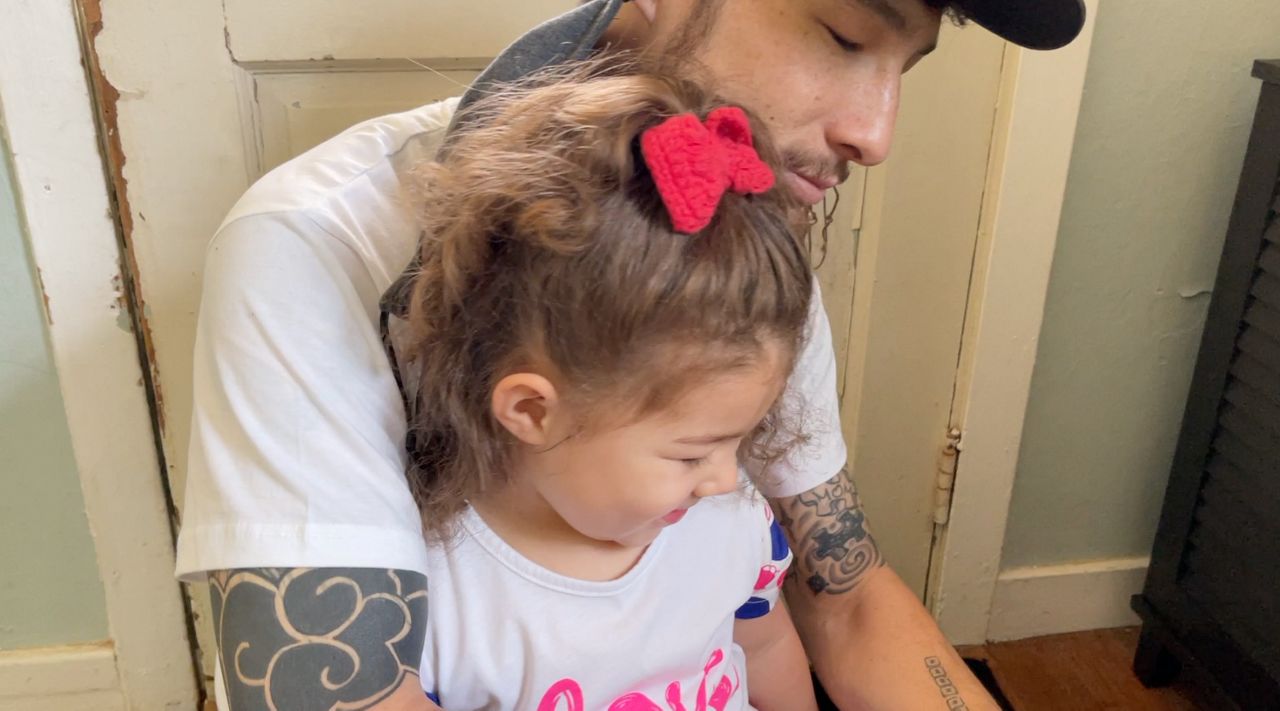ASHEVILLE, N.C. — It may be a little thing to you, but to someone else it may make a big impression. That's why Spectrum News launched our series, "The Little Things Matter." These are the things you can do to make a more inclusive community.
May is Asian-American Pacific Islander Heritage Month.
Neil Lackey is a Korean man in Asheville. He says he’s experienced racist struggles his entire life and is speaking out for those who won’t or can’t.
A coping mechanism for him has been through his music. Medical professionals have said playing drums can help release emotional trauma.
Lackey is a musician teaching private drumming lessons, and he's also a sound engineer.

“I’ve been dabbling in different musical instruments since I was a really little kid,” Lackey said.
He says his emotional trauma stems from Asian racism he’s dealt with his whole life. He’s Korean-American. His mother is a native of South Korea who immigrated here before having children.
“Music has definitely been a really good outlet for me because it allows me to kind of escape all the, you know, horrible realities of life,” Lackey said. “Including the racism that I’ve had to deal with.”
Lackey says Asian racism often gets swept under the rug because people think the stereotypes are “positive” or “flattering”.
“Oh, well you know Asians don't deal with racism because, you know, they still have opportunity,” Lackey said, mocking what he often hears.
The false stereotypes really bother him. “For example, all Asians are smart, you know, well, that's not true. Asians are individuals just like any other person. And there's smart people, there's people that struggle," he explained.
He often gets told he must be tech savvy. “That's not my forte just because I'm Asian doesn't mean I studied computer science,” Lackey said.
He’s been asked if he’s adopted, where he’s from, and the more common one, "what are you?"
With the recent attacks on the AAPI community, Lackey wants to make sure his Asian voice is heard. He’s speaking up for people he knows won’t or can’t. “Like my mom, you know, my mom would not call out somebody on Asian racism. She wouldn't be comfortable to do that, you know, she wouldn’t know the words to say.”

Lackey says it’s his job to speak up and call out racism as soon as he hears it.
“In conversation, when racist things are said, I think it's really important to attack it right then and call it out right then, because it's almost like when you’re potty training a dog, you know what I mean, like if the dog makes a mess in the floor and you get it right then, then put their nose in it, you know, then they'll realize that what they just did was wrong. But if you wait half the day and then you do it, then they won't really realize,” Lackey said.
He makes it a point to call out any racism he hears, even when it comes from his friends.
“It's kind of my job and other people that are more outspoken to call out people's racism, educate them about how to be better,” Lackey said.
He says terms like “Kung-flu” being used in the public eye when referring to COVID-19 just normalizes racism. “This is playing into, you know, not only not only horrible racism but like normalizing making fun of the racism.”
Lackey is passionate about this because he has a 3-year-old daughter. He doesn’t want her experiencing the racism he has. He says she’s Korean, white and Black mostly.

“There's more and more, you know, mixed children as the as the years go and I feel like it's really important to raise awareness about harmful stereotypes,” Lackey said.
He encourages people to read up on the history of Asian racism, to educate yourself before saying a racist comment on a stereotype you feel is flattering.
Another way people can help the AAPI community is by supporting businesses owned by Asian-Americans and Pacific Islanders and to be an ally and a friend.
For more ways to be more inclusive to the AAPI community, click here.



